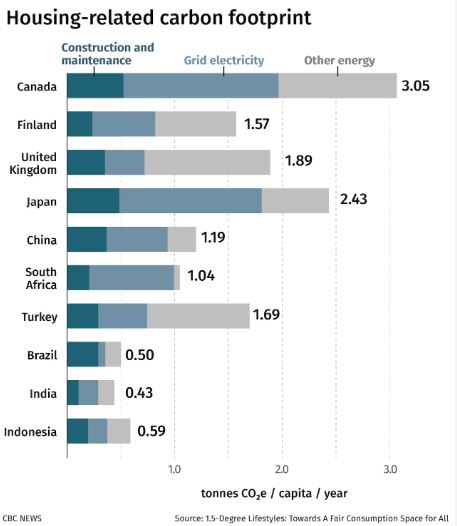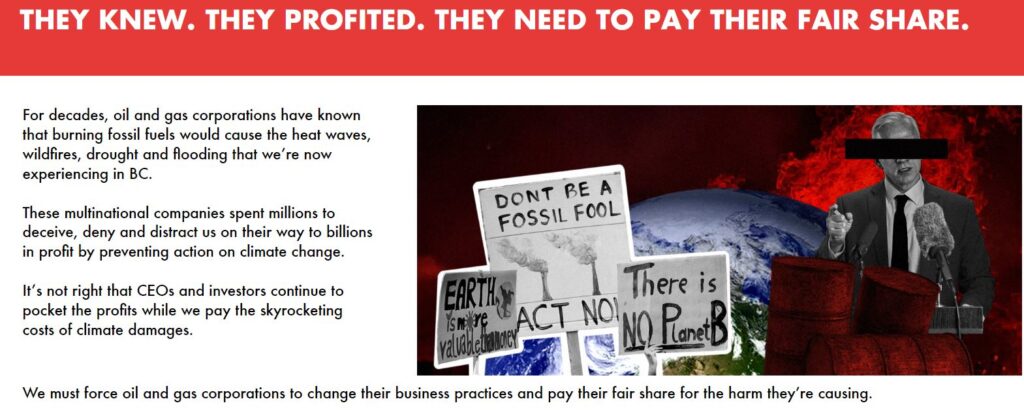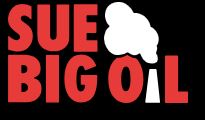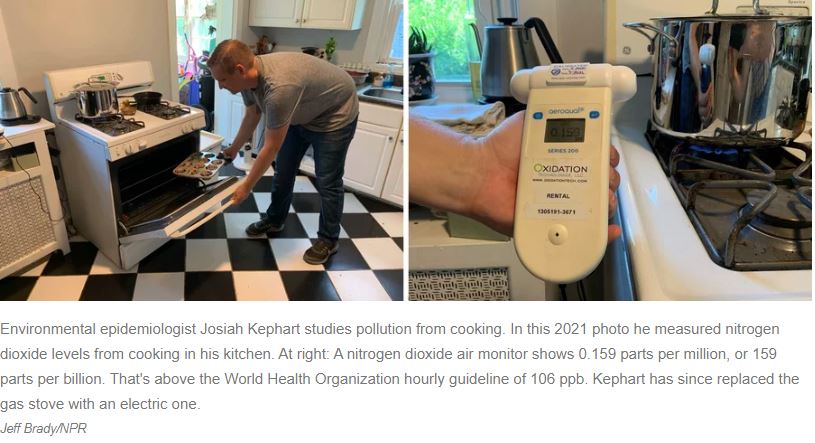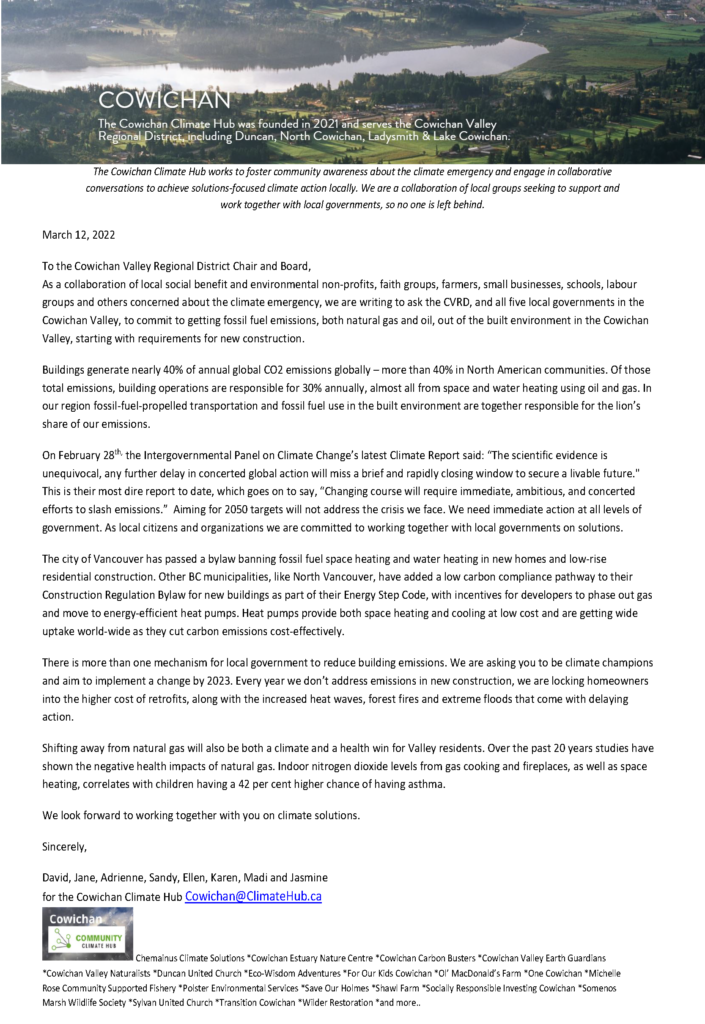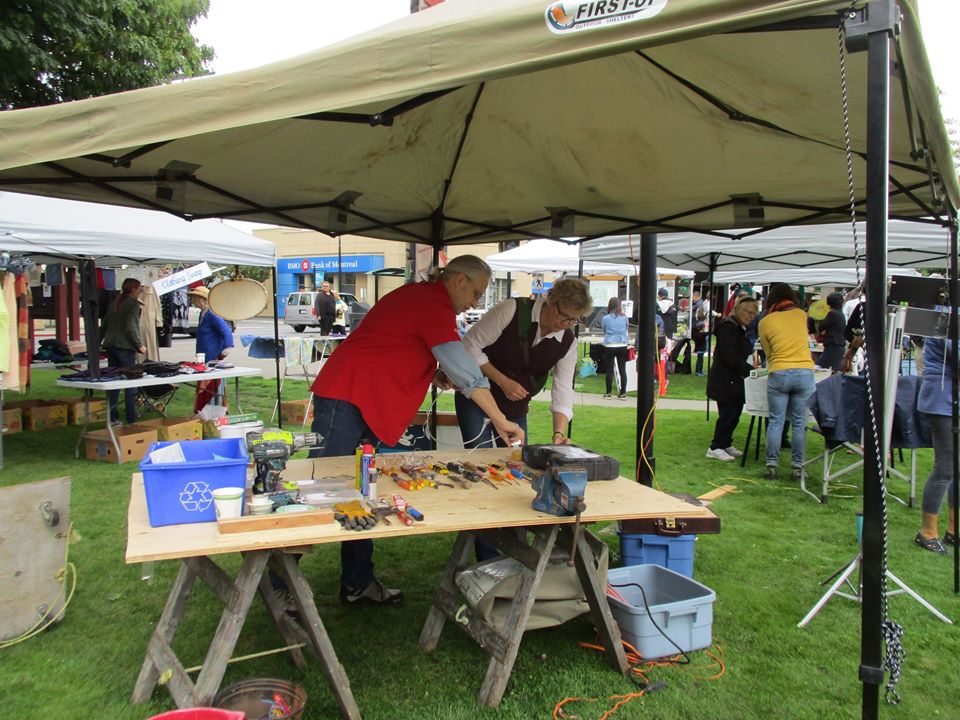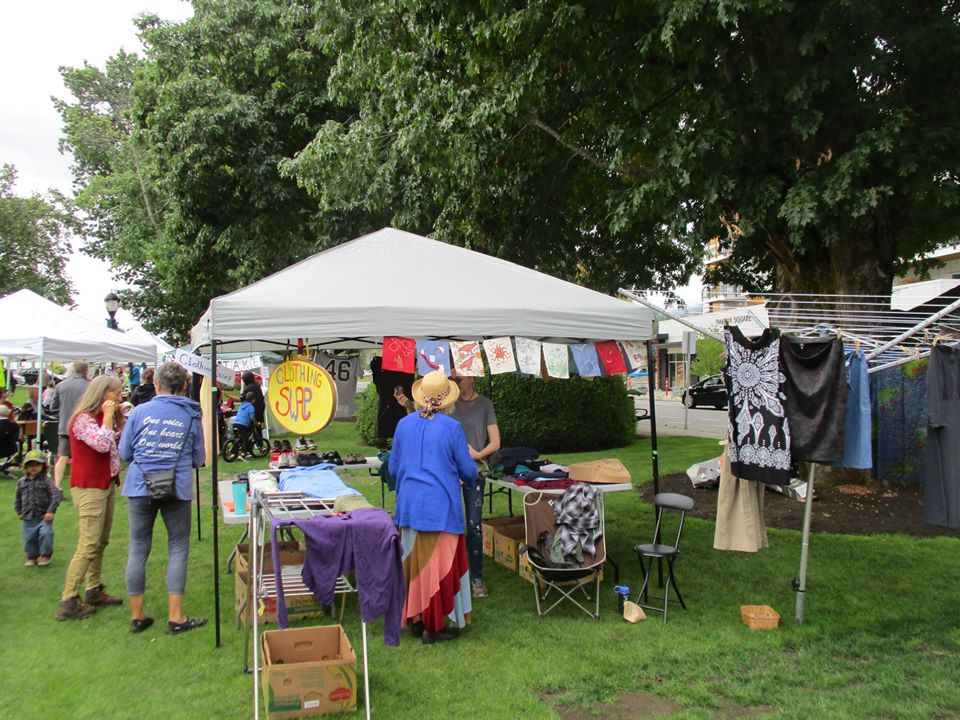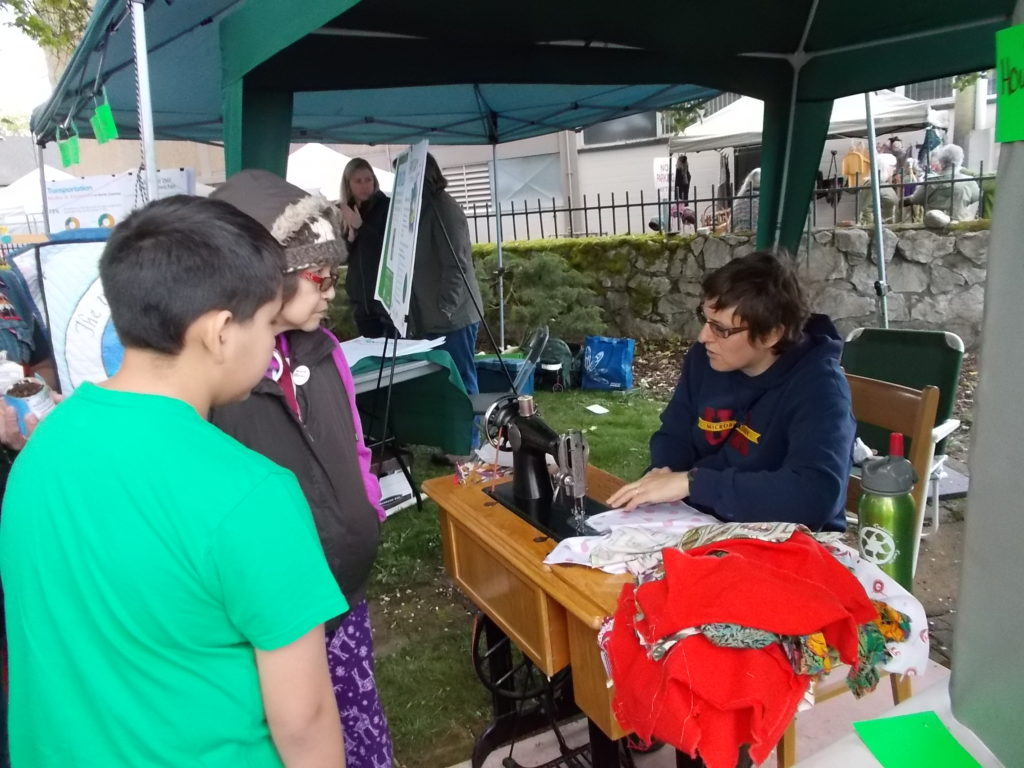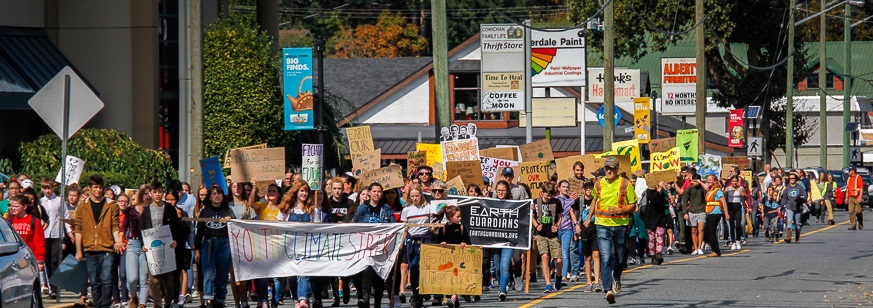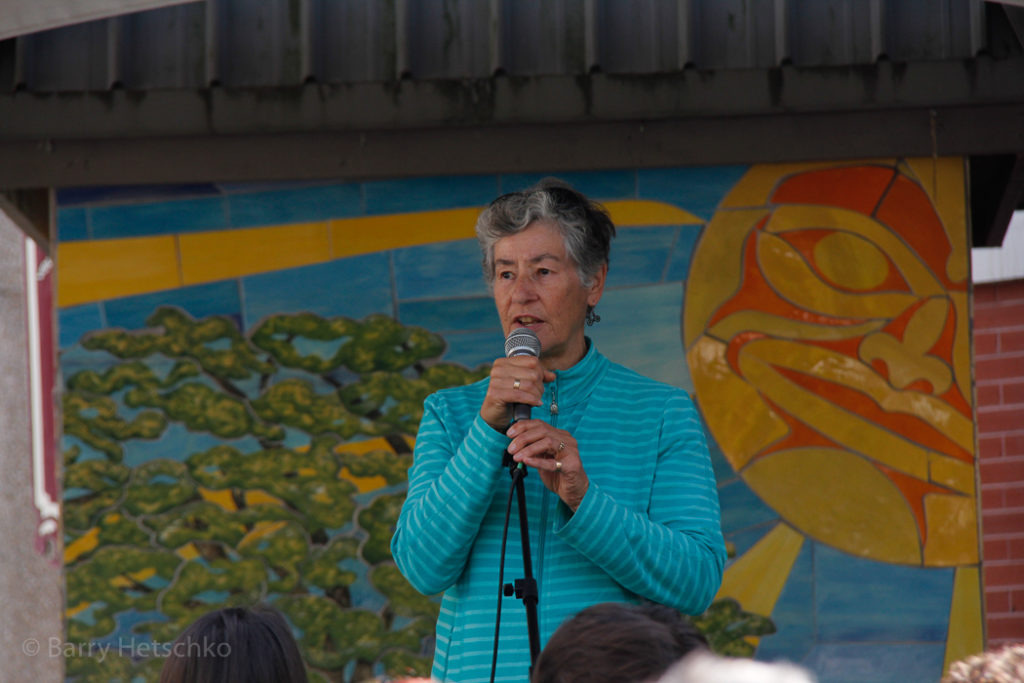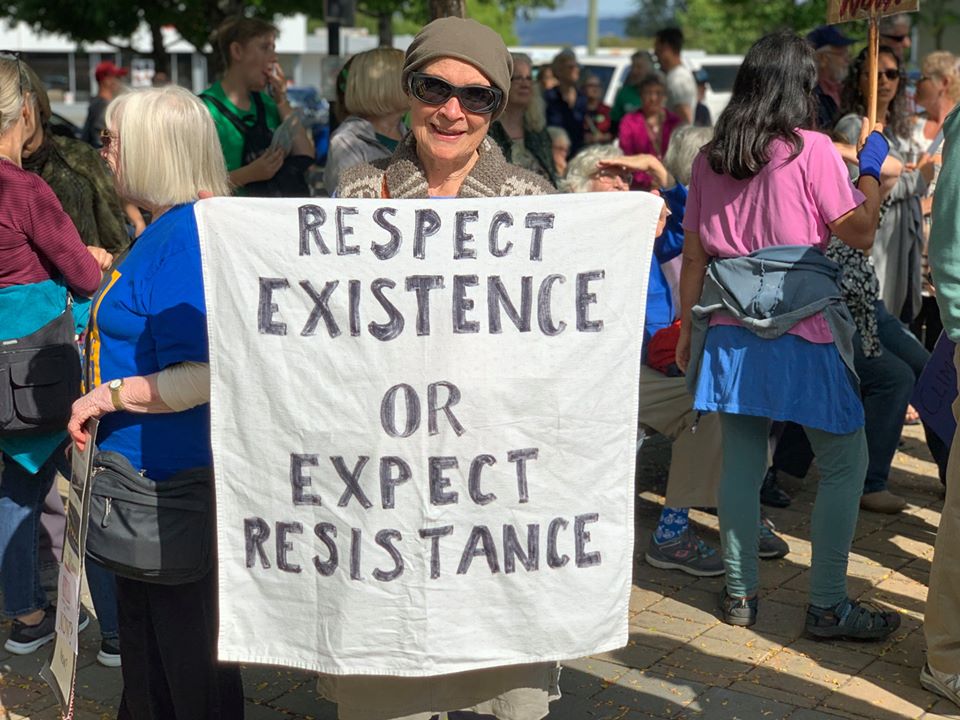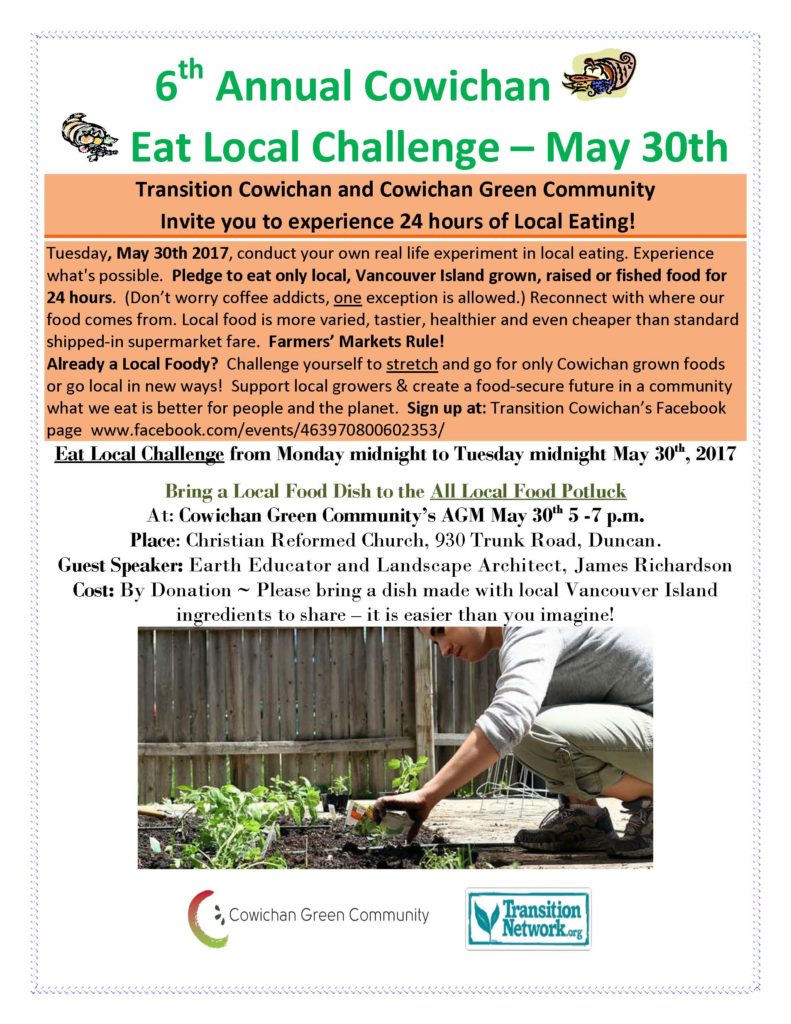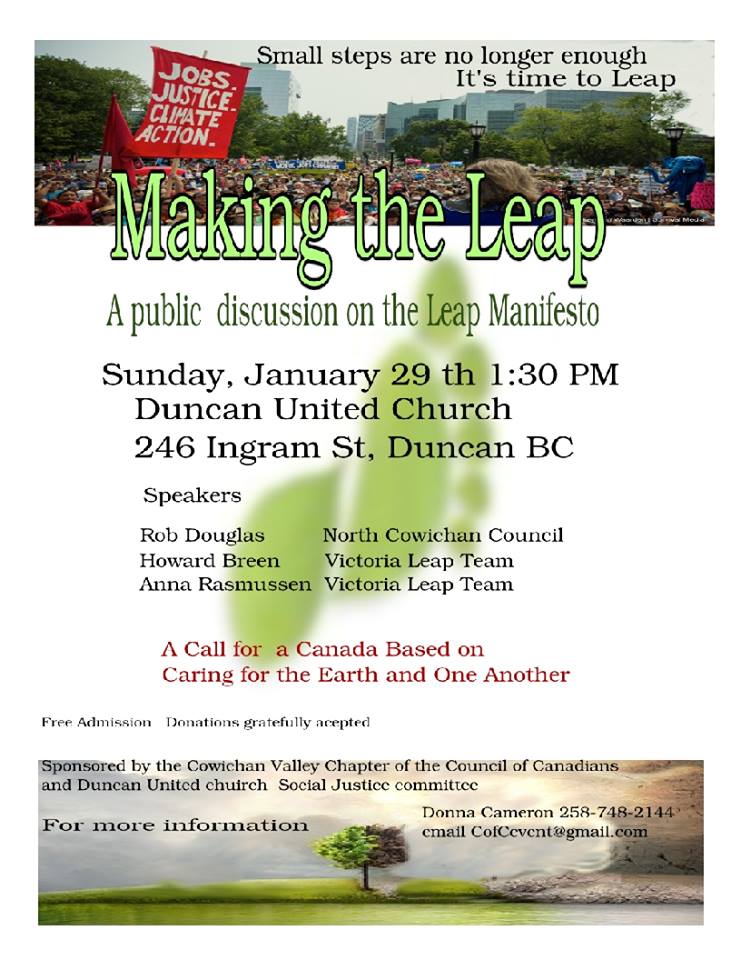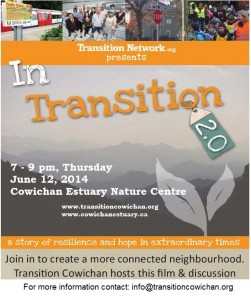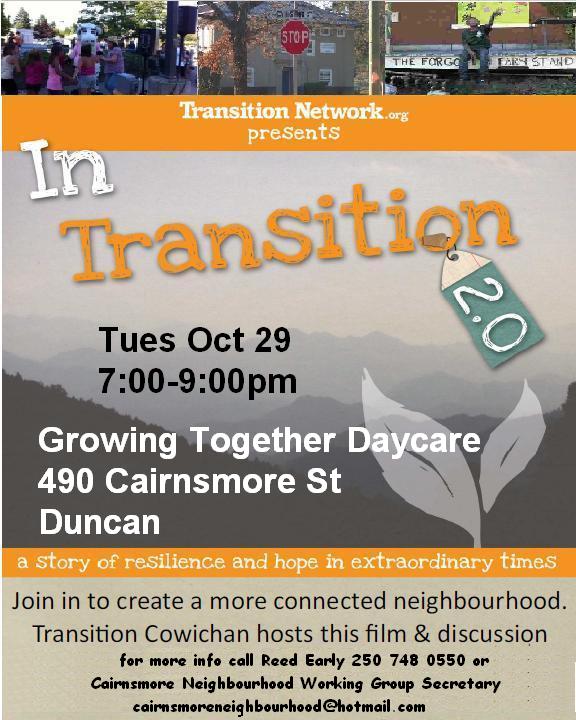
The Sue Big Oil Campaign
We’ve joined with other concerned citizens in communities across BC as increasing climate-driven damage from storms, floods and fires has taxpayers more and more on the hook for the costs to local governments of repairing and rebuilding damaged community infrastructure. People across BC are asking: can we afford the financial and human crisis that is climate change?
We’re working together with the non-profit West Coast Environmental Law, concerned BC citizens and local communities across British Columbia to hold the fossil fuel industry responsible. The industry knew through their own research in the 1960s, about the polluting and climate-destabilizing impacts of burning their products, oil, gas and coal. They lied about what they knew, and blocked policies and actions to address the damage at all levels of government. It’s time they paid for the damage they’ve done.
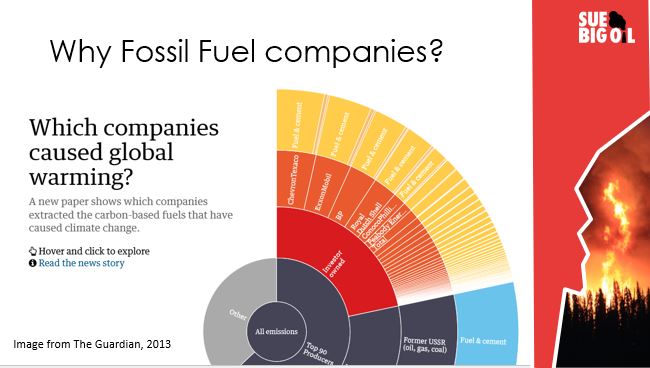
On Wednesday, August 21st we presented a delegation before North Cowichan Council at their 5pm Council meeting and invited them to join the nine BC communities – Burnaby, Gibsons, Sechelt, Squamish, Slocan, Port Moody, View Royal, Qualicum Beach and Cumberland – who have already set aside $1 per resident to put toward the planned class action lawsuit. This is a tiny fraction of the amount that municipalities already pay each year to address the climate-related loss and damage to our local watersheds, lands and public infrastructure from stronger and more frequent storms, floods, fires, droughts and heat waves.
Our local Cowichan communities have seen first-hand the costs of climate change. In 2021 alone we went from a record-breaking June heat dome, one that took the lives of over 600 British Columbians, to extreme flooding, washed-out roads & damaged infrastructure in late November.
Climate-related weather events continue to escalate, while in many ways we’re still recovering, repairing damaged infrastructure, shoring up flood protections, all while fire risk increases. And we’re looking to a future with more risk and uncertainty.
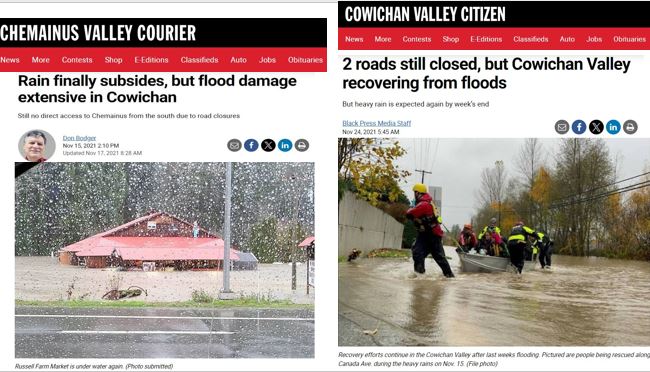
BC local governments pay for around 60% of infrastructure costs in our province. It makes sense to recover a share of those costs from the industry most responsible for causing climate change which also earns billions of dollars a day in profit.
More Background on why Suing Big Oil makes sense
In 2019, 28 law professors from across Canada wrote to BC local governments explaining the legal basis in Canadian law for a class action suit against Big Oil – which is comparable to the successful lawsuits against Big Tobacco and Big Pharma. They encouraged them to join together in a class action suit. BC’s class action law protects the parties from having to pay a portion of the other side’s legal fees if unsuccessful.
Scientists are increasingly able to quantify the specific contributions of individual companies – through their operations and products – to climate change. Just 90 oil and gas companies are responsible for almost 2/3 of human-caused GHG emissions. It is fiscally irresponsible to continue to pass the costs of climate change on to local taxpayers without making an effort to recover a share of those costs from the companies that have profited most from, and are most responsible for, climate change.
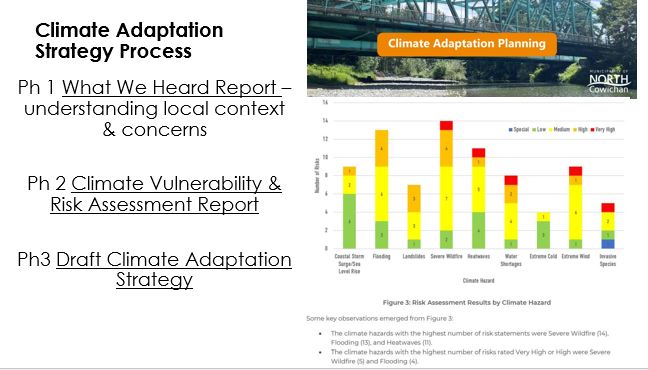
Two years ago, with organizing support from non-profit West Coast Environmental Law, the Sue Big Oil campaign was launched, and momentum is building. Local citizens groups across BC concerned about harmful climate impacts on our communities and the rising costs for local governments and taxpayers, are coming together and getting ready to take legal action to force the world’s largest fossil fuel companies to pay their fair share of climate costs.
To apportion the cost equitably between municipalities, each community allocates an amount equal to $1 per resident towards the lawsuit. This money is not required until there is a critical mass of BC local governments representing at least half a million BC residents. At that point, one of the larger municipalities, for example a city like Burnaby, will take on the role of lead plaintiff and engage a legal team for the class action lawsuit.
Neither West Coast Environmental Law nor any of the thirty-plus non-profit organizations that support the Sue Big Oil campaign will receive any of this money.
In the Netherlands in 2021, the environmental organization, Millieu Defensie, won their lawsuit against Shell in Dutch Courts. And now there are over 40 local and state governments suing fossil fuel companies in the US, Germany, Switzerland, France and around the world.
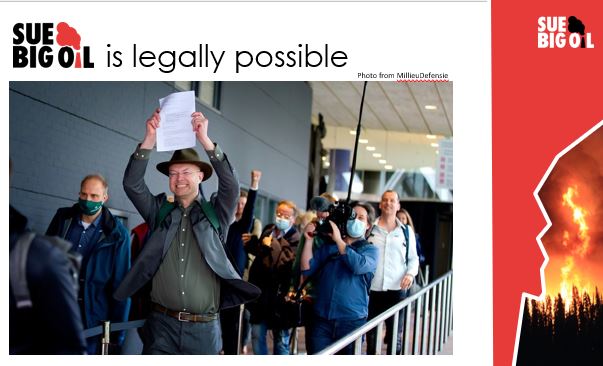
The benefits of filing such an action are almost immediate. At the first stage of a class action a judge needs to certify that the case has merit – giving both the local governments and the fossil fuel industry a clear indication that this case can be won, which can change investor behaviour even at this early stage. Once successful, this legal action will both provide needed resources for our communities and change corporate, investor and government behaviour. A win-win.
Support our five local governments in joining the nine BC communities that have already signed on, sign the declaration of support at this link: https://suebigoil.ca/declaration/
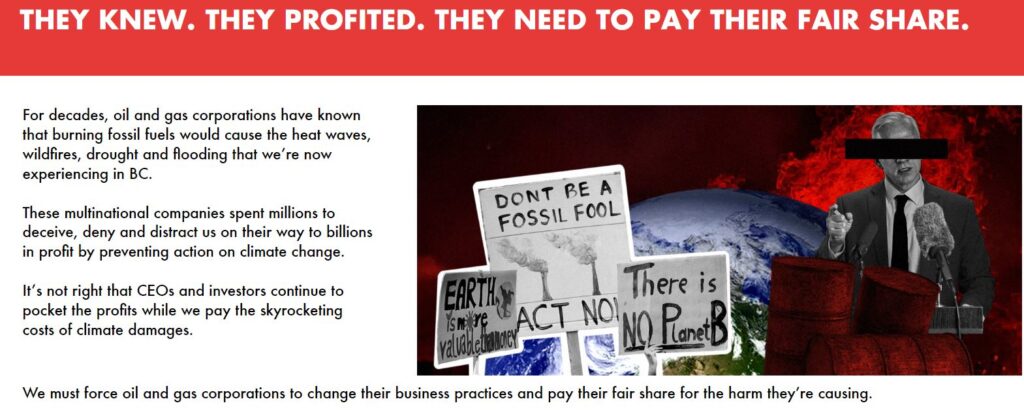
AN UPDATE on Our Campaign to Get Local Government to Pass Zero Carbon Building Bylaws
It’s been clear for a while, one thing we need to do to address the climate crisis is dramatically reduce burning fossil fuels in our built environment and get serious about Electrifying Everything!
On May 1, 2023, the BC government gave local governments the tools needed to require the decarbonization and electrification of new buildings through its Zero Carbon Step Code, which enables local governments to pass bylaws that require lower emissions, right up to full electrification of in new buildings (Level 4) starting with residential construction up to six stories, and we began presenting delegations to our five Cowichan Valley local governments, starting with North Cowichan.
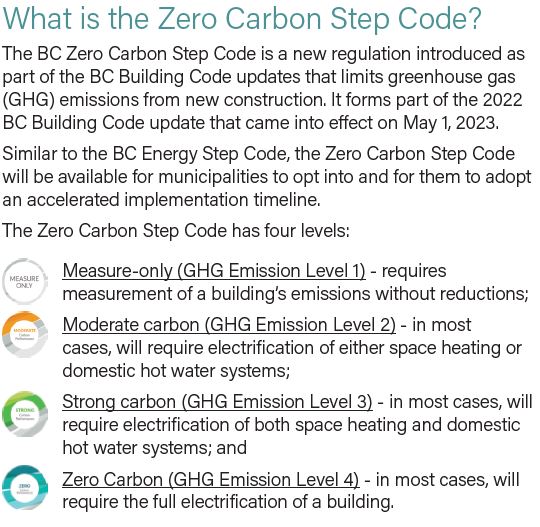
Here are the Cowichan Valley local government Level 4 building bylaw results so far:
Municipality of North Cowichan: As of July 1, 2024, new homes and buildings up to six stories require electricity as their primary energy source.
Cowichan Valley Regional District: As of July 1, 2024, new homes and buildings up to six stories require electricity as their primary energy source.
City of Duncan: As of July 1, 2024, new homes and buildings up to six stories require electricity as their primary energy source.
Town of Ladysmith: has made a commitment to putting a Level 4 building bylaw under BC’s Zero Carbon Step Code and is currently drafting a building bylaw similar to those implemented by North Cowichan, the CVRD and the City of Duncan.
Town of Lake Cowichan: The Cowichan Climate Hub presented a delegation at the end of May and Council said they would give it consideration. We’ll be checking back.
More details in our earlier campaign update below

